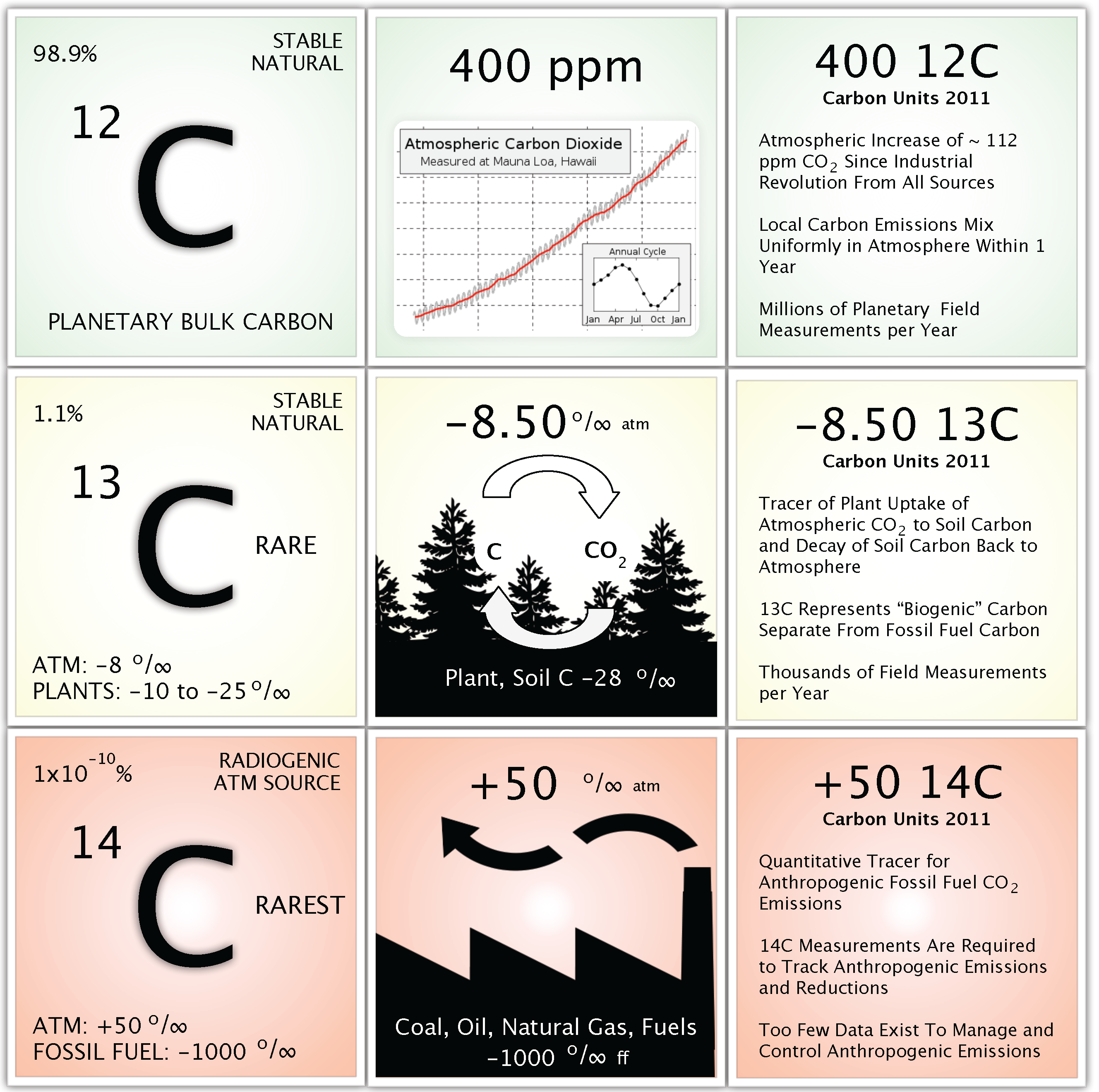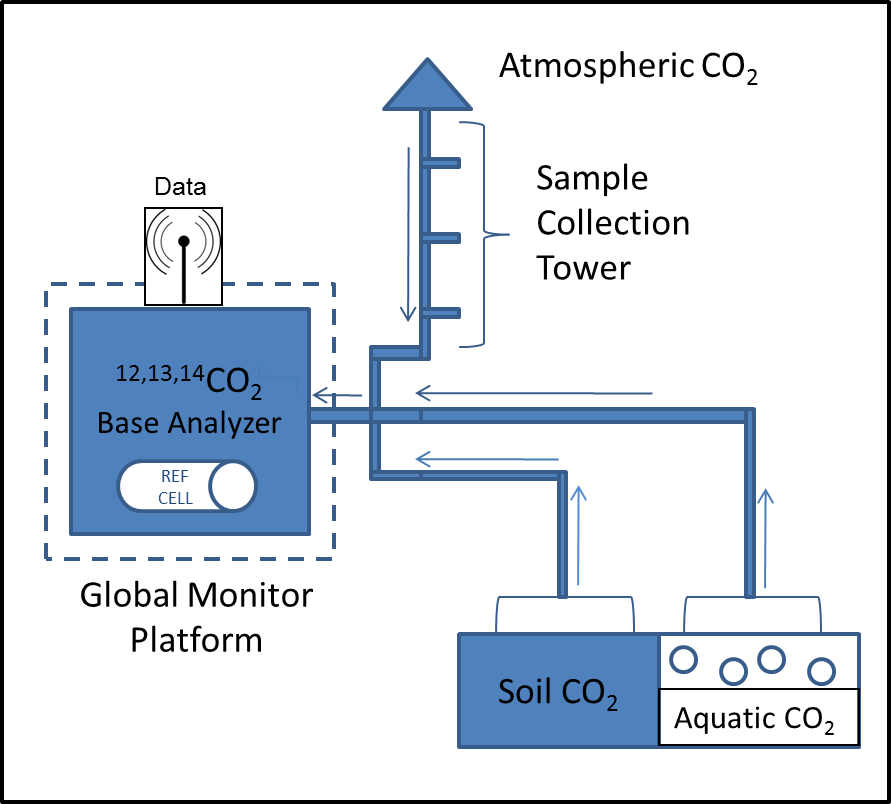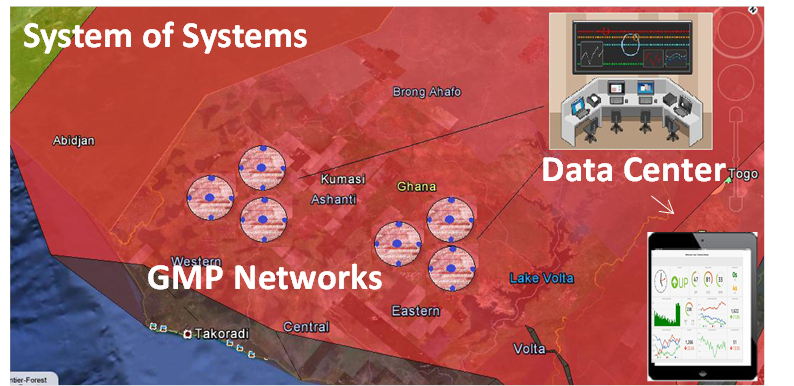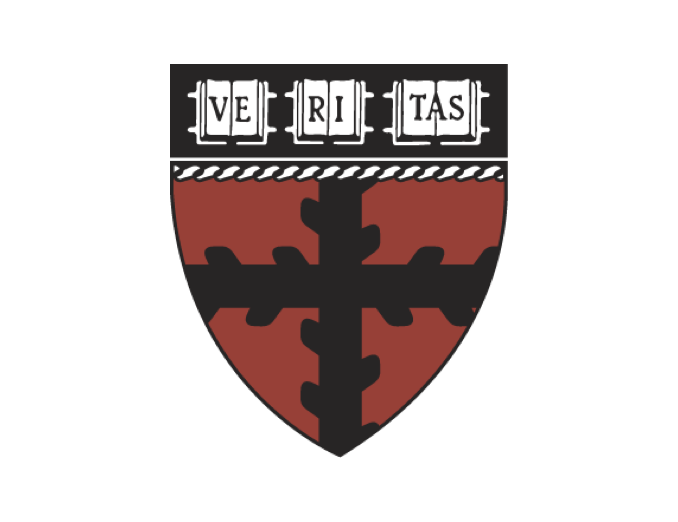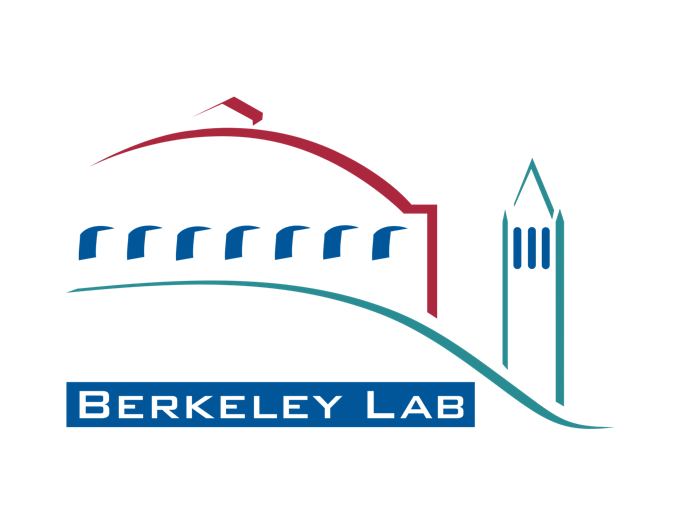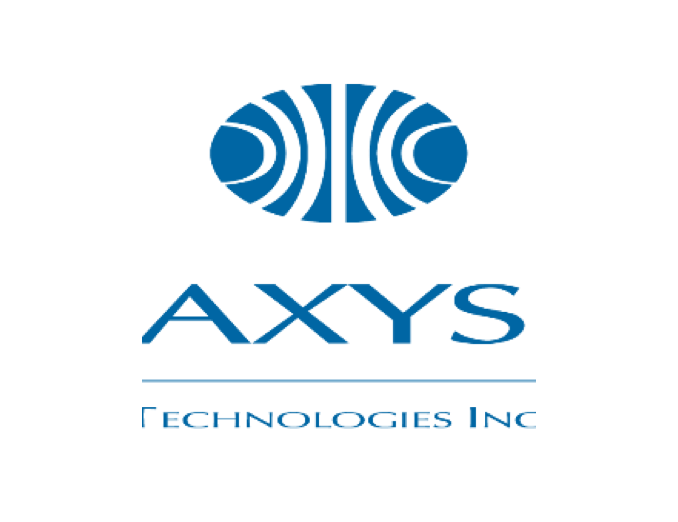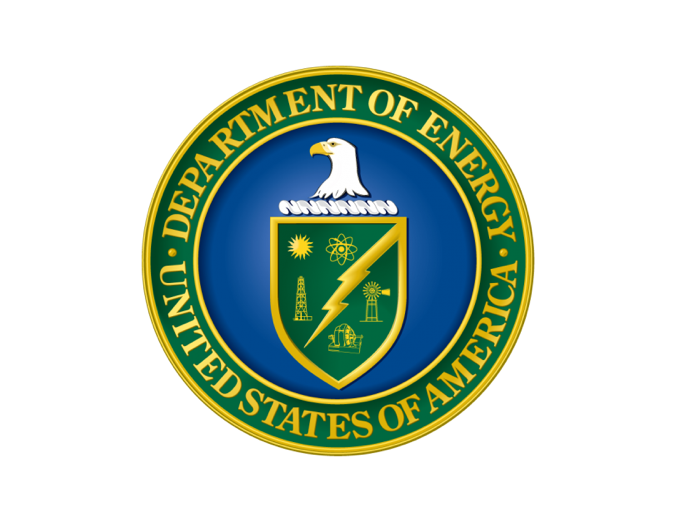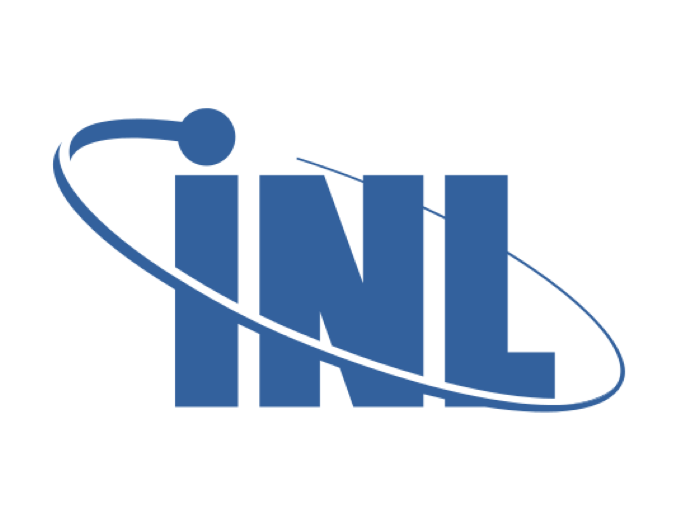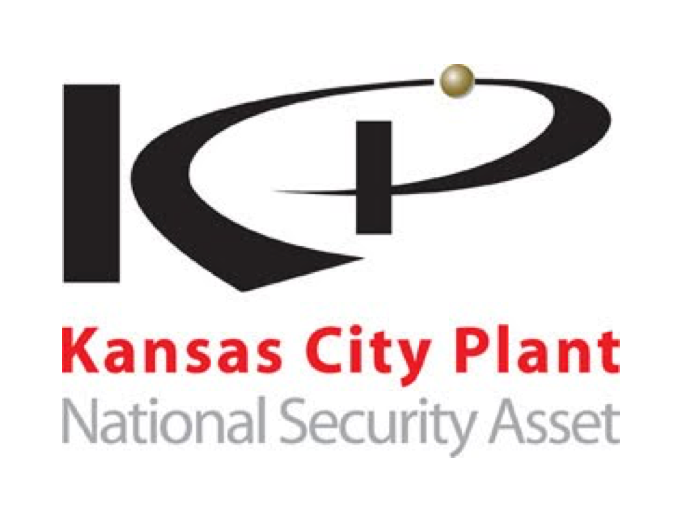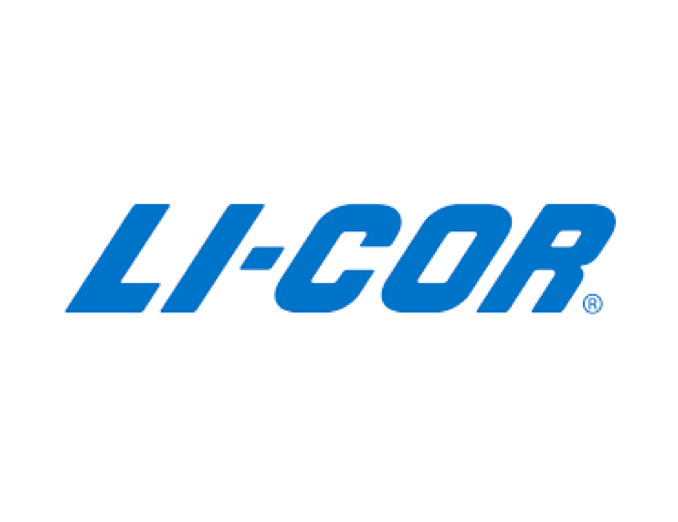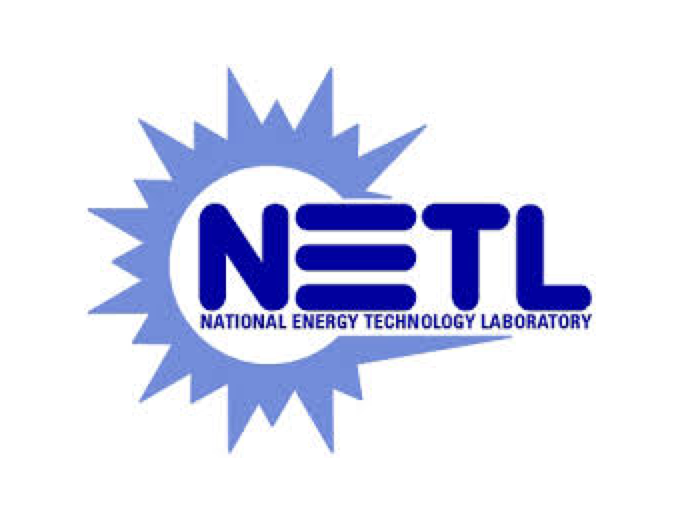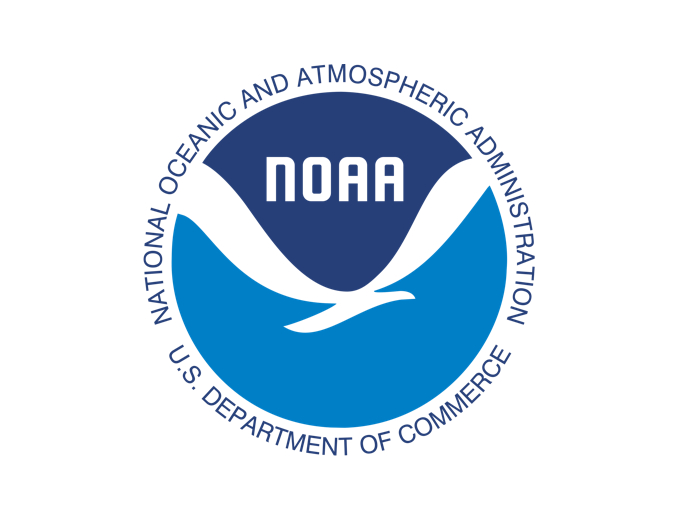PEM TECHNOLOGY
14CO2 PORTABLE ANALYZER
Planetary Emissions Management Inc. is pursuing new and emerging technologies, such as the iRIS-III, for high-precision determination of 14CO2 in a portable analyzer. High frequency and high precision data for 14CO2 are required to track, analyze, manage, and monetize fossil fuel-derived CO2 in the biosphere. Human perturbation to the climate system cannot be fully understood, managed, or monetized without increased data for 14CO2. New 14CO2 data for diverse soil ecosystems are likely to yield a better understanding of their response to changing climate.
GLOBAL MONITOR PLATFORM
The Global Monitor Platform (GMP) is a multi-isotopic integrated field measurement platform. The GMP components may include commercial 12C and 13C analyzers for CO2 and experimental field analyzer modules for 14CO2 such as the iRIS-III analyzer now under development. The GMP can be configured to include CH4, N2O, and their isotopic species available from commercial vendors. The GMP enables direct measurement of GHGs across diverse project types, small and large. When coupled with well-developed field methods to determine GHG fluxes, PEM provides commercially available comprehensive data for GHG budgets and verification of fossil-fuel emission reduction reporting. The GMP can be deployed to detect fraud in fossil-fuel emission reduction claims.
SYSTEM OF SYSTEMS NETWORK
The System of Systems (SoS) network consists of GMP sensor nodes (e.g., 12,13,14CO2 analyzers including the iRIS-III) across the geographical boundaries of a project site. The SoS is designed to monitor net carbon flux at local-to-regional scales, produce automated reports, respond to remote commands, and result in verified data for carbon financial instruments. Carbon standards and third-party verification are employed at multiple scales to ensure the harmonization of data and carbon financial instruments across analyzers in one or multiple networks.
MULTI-ISOTOPIC ANALYZER
APPLICATIONS
The PEM GMP and SoS can be applied across the footprint of carbon capture, utilization, and storage projects, as well as oil and gas fields, to detect leaks of injected and stored fossil-fuel CO2 and CH4 produced by electric utilities and industry. 14CO2 is the only direct, conservative tracer for fossil fuel-derived CO2. Likewise, radiomethane (14CH4) unequivocally identifies fossil methane emissions from oil and gas storage and processing facilities.
The Paris Agreement of the 2015 UNFCCC COP 21 meeting called for emission reduction to this day (12/2023) but does not specify methods or means to directly verify claimed reductions. The PEM GMP and SoS can be deployed across local-to-regional-to-country scale landscapes to directly measure and verify emissions and budgets as well as prevent emission reporting fraud.
The world’s cities cover about 2% of global land area but account for 70 % + percent of GHG emissions. Direct measurement of GHG emissions from cities is needed to verify emission reduction claims and improve the management of programs for optimal results. The GMP and SoS are uniquely suited for the small footprint typical of cities.
Global deforestation denies planetary sequestration of CO2 by forests. Direct measurement of sequestered forest carbon is required to verify and value this global ecosystem service. The GMP and SoS feature direct molecular measurements of net carbon sequestration across diverse forest ecosystems employing established scientific methods.
QuantumQarbon®
(13C/12C,14C/12C Ratios)
Direct measurement of the rare forms of carbon dioxide provides a means to track the source and magnitude of additions and subtractions of CO2 to the atmosphere. QuantumQarbon® emphasizes the nature and importance of high-frequency synchronous field measurement for both 13CO2 and 14CO2 while also measuring “bulk” carbon dioxide as 12CO2. The carbon 13 and 14 forms of CO2 although consisting of very small, discrete amounts compared to 12CO2, are observable at the one-part-in-one-thousand and one-part-in-one-trillion levels, respectively. Despite the small amounts in the atmosphere for both rare forms of CO2 they can be measured with high precision. The GMP was designed to increase the data rate for both isotopic forms, particularly for 14CO2, as no high-precision 14CO2 analyzer is available commercially. QuantumQarbon® tracks forest carbon cycling and loss of carbon from soils buried in forest ecosystems. The measurement of QuantumQarbon® across the geographic boundary of a project also provides the foundation for new and innovative forest carbon sequestration offset products. In addition, 14CO2 is the only tracer of the interaction of fossil fuel CO2 with our planetary forest ecosystems. The Radiocarbon Infrared Analyzer (iRIS-III) under development with the National Institute of Standards and Technology (NIST) will provide data for QuantumQarbon observations.
OUR TEAM
Dedicated to Technology Innovation to Address Climate Change and GHG Trading Markets
Bruno D.V. Marino, PhD
CEO, FOUNDER & CHAIRMAN
Bruno is a scientific entrepreneur with 20 years of experience (CEO, CTO, COO) and widely published in peer-reviewed journals with 7 patents published/issued. He is a graduate of Phillips Andover, Johns Hopkins (BA), and Harvard (MA in Biological Anthropology, PhD Earth & Space Sciences) and was awarded a NASA Goddard Institute for Space Studies Fellowship in the Division of Applied Sciences and Earth Sciences. Bruno is PEM founder (1999 & 2007), chief scientist, and innovator and will continue to provide vision and direction for PEM’s development.
Jeffrey Warren MBA
CFO/COO, VP Product Development
Jeffrey brings 25+ years of CFO experience working with start-up ventures and major manufacturing companies offering a unique combination of financial expertise and product development through to manufacturing. Jeffrey has held executive finance positions with 3COM, Ericsson, Siemens and Rolls Royce Marine (VP Finance, global responsibility for all OE business). He has expertise in M&A, financial analysis, government contracts, and internal project management. Jeffrey holds an MBA from the University of Connecticut.
Matthew P. Emmons PhD
VP Field Engineering
Matthew has over 20+ years in the stable isotope instrumentation business serving as a global Field Engineer for leading magnetic sector isotope manufacturers and as an instrument designer. Matt has expertise in diverse complex instrumentation integration, electronic and high voltage components for mass spectrometry, and has worked in demanding installation sites around the world. Matt holds a BSc in Physics from the Open University, Milton Keynes, UK, and is a PhD candidate at the Colorado School of Mines.
Leisure pursuits include track & field, swimming, martial arts, and rebuilding classic British cars.
Robert O’Donnell
Gas Laser Specialist
Robert O’Donnell has worked in the field of ultra-stable frequency CO2 gas lasers for over twenty-five years at the Lincoln Laboratory of the Massachusetts Institute of Technology. Working in the laboratory of Charles Freed, Lincoln Laboratory, Bob assisted in the design, fabrication, and testing of a variety of lasers used across industry and in the Strategic Defense Initiative. Bob is an expert in radar systems, high voltage electronics, system design, integration, gas handling, and custom machining of components for gas lasers and has co-authored peer-reviewed publications in these disciplines. Before joining MIT, Bob served in the US Navy as an electronic technician, later was a Senior Field Engineer for the Firepond Radar System, Lincoln Labs, and subsequently worked for private industry and aerospace companies. Bob has consulted for PEM for five years.
David E. Tolliver PhD
VP Sensor Systems Architecture
David has over 30 years of experience with the Central Intelligence Agency and industry developing large-scale, complex information collection sensor systems from design through operations; expertise in systems architecting, systems engineering, and technical project management. David is a graduate of East Tennessee State (BS) and the University of Arizona (MS, PhD) where he studied optical physics.
John Rodrigues, BA
VP Sales and Marketing
John is a Sales and Marketing Management Executive with 20+ years of sales experience with diverse customers and markets ranging from start-ups to Fortune 1000 companies. John has extensive expertise selling in the technical arena, developing marketing and customer sales & service teams as well as setting up distributor relationships worldwide. John’s experience includes the global sales of quantitative analytics solutions to the scientific, engineering, and financial markets. John led sales and marketing teams at ThomasNet Internet Marketing, Quantifacts Inc., CMX Systems, and Mathworks. John holds a BA from Tufts University.
Brandt Rousseaux MPP
VP International Business Operations
Brandt has been VP of International Business Development for Planetary Emissions Management, Inc. since 2012. He advises the Founder, CEO & Chairman on strategic planning and funding initiatives, as well as tactical operations and international business issues. Brandt was VP of North America for FDM Group in New York City from 2011-2014. He was responsible for operations, account management, and expansion of the US FDM Academy to Toronto. His team provided information technology services to clients across multiple business sectors, in particular financial services. FDM’s operations grew significantly from 80 to over 250 staff. Before FDM Group, he was the Director of International Programs for four years at Rosetta Stone expanding offices in Tokyo, London, Seoul, Sao Paulo, Shanghai, and Munich; grew revenue to $40M+ and staff to 120. Concurrently, he was Acting Managing Director for Europe, Director of Internet Strategies, and Executive Director for India Operations. In 2006, he became the Global Crisis and Emergency Management (CEM) Program Manager for BHP Billiton in London. His remit included training and administrative support to over 100 teams worldwide. He completed a 20-year career with the United States Coast Guard, retiring as a Commander in 2006. He spent 10 years at sea, commanding 3 ships. He was also a career intelligence and law enforcement professional. Brandt has a BS in Government from the U.S. Coast Guard Academy, a Master of Military Studies (Intelligence) from American Military University, and a Master of Public Policy from Princeton University. Brandt is currently the Port Austin. Michigan, Township Supervisor and the VP of the Port Austin Chamber of Commerce.
Susan is a Lecturer, in MIT D-Lab: Water, Sanitation, and Hygiene (WASH) and D-Lab: Water, Climate Change and Health. Her work contributes to the D-lab’s mission of designing and developing collaborative approaches and practical solutions to global poverty challenges. Following her undergraduate and graduate studies in the MIT Civil and Environmental Engineering (CEE) Department, Murcott worked first as a Lecturer, then as a Senior Lecturer, supervising Master of Engineering student research focused on water, sanitation, and hygiene (WASH) in low-income countries. Mucott has mentored 26 winning teams of the MIT IDEAS Global Challenge, 81% of which were led by women students. She has also led the water filter evaluation of the Comprehensive Initiative on Technology Evaluation (CITE), a USAID-funded project, to evaluate technologies in developing countries. Today, Murcott leads the “Safe Water for 2 Billion People” project which works to manufacture and market E.coli test kits in Nepal. Lecturer, D-Lab: Water, Sanitation, and Hygiene (WASH) and D-Lab: Water, Climate Change and Health.
PEM COLLABORATORS HAVE INCLUDED:
